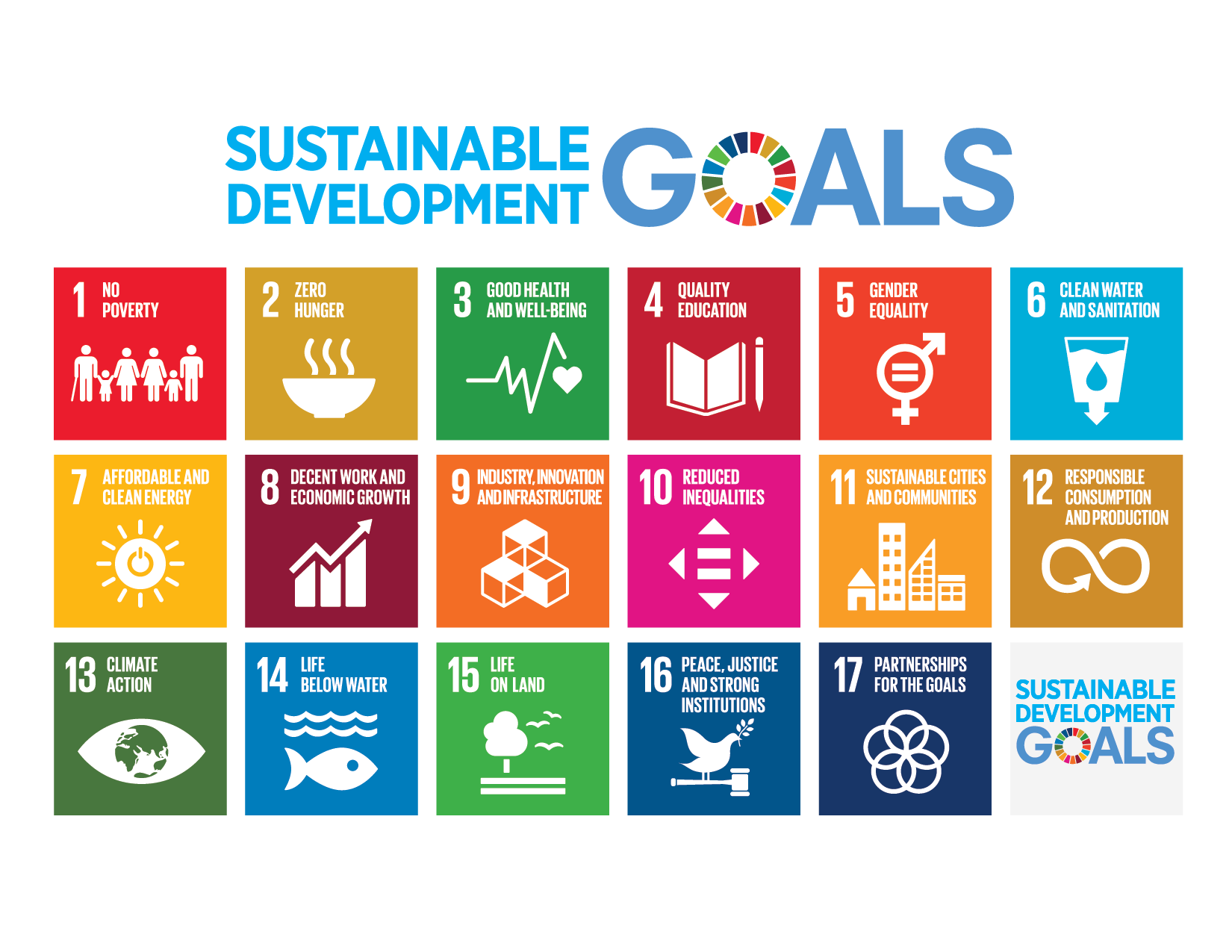
What are UN Sustainable Development Goals (SDGs)?
The Sustainable Development Goals (SDGs) is a collection of seventeen global goals set by the United Nations General Assembly in 2015. The broad goals are interrelated though each has its own targets to achieve. The total number of targets is 169. The SDGs cover a broad range of social and economic development issues including poverty, hunger, health, education, climate change gender equality, water sanitation, energy environment, and social justice.
The United Nations Sustainable Development Goals is a collection of 17 global goals set by the United Nations General Assembly in 2015.
The SDGs are not a legal document, nor are they binding on nations. Instead, they serve as a framework for development cooperation and action to be taken collectively at all levels of government, civil society and business.
The goals were developed by the UN with input from governments and other stakeholders from around the world; however, there is no one body responsible for implementing them or verifying their progress.
The broad goals are interrelated though each has its own targets to achieve. The total number of targets is 169.
The goal of sustainable development refers to creating an international situation in which people can live their lives without compromising the well-being of future generations or the environment on which they depend.
The SDGs are broad, covering a wide range of issues related to poverty, health care, climate change, human rights and more.
The SDGs cover a broad range of social and economic development issues. These include poverty, hunger, health, education, climate change, gender equality, water, sanitation, energy, environment and social justice.
The SDGs are a set of 17 goals that focus on social and economic development, with the aim of ending poverty, as well as tackling inequality.
The goals cover a broad range of social and economic development issues. These include poverty, hunger, health, education, climate change, gender equality (which can be defined as ensuring women have equal access to resources), water sanitation energy environment and social justice. By implementing these goals together we will ensure that no one is left behind by this process - whether they are living in a developed country or not.
The SDGs work in the spirit of partnership and pragmatism to make the right choices now to improve life, in a sustainable way, for future generations. They provide clear guidelines and targets for all countries to adopt in accordance with their own priorities and the environmental challenges of the world at large.
The Goals are for Everyone
- The Sustainable Development Goals (or SDGs) are universal. They apply to everyone—people all around the world who share common needs, live together on this planet, interact daily with each other and depend on one another for our well-being as individuals as well as societies.
The SDGs build on decades of work by countries and the UN, including the UN Department of Economic and Social Affairs (UN-DESA), which will support UN Member States as they develop policies to achieve their objectives.
The SDG framework is built around 17 Sustainable Development Goals (SDGs) agreed by 193 member states. Each goal has specific targets, which are supported by measurable indicators that track progress made towards achieving them.
The goals cover a broad range of social and economic development issues including poverty reduction, health, education, climate change and peacebuilding - all interlinked. For example: Goal 1 – End poverty in all its forms everywhere; target 1a – By 2030 end extreme poverty for all people everywhere; target 1b – By 2030 reduce at least by half the proportion of men who experience sexual violence compared with 2010 levels
Learning about ways to promote sustainability helps people understand how important it is for everyone to do what they can for our planet and its inhabitants.
When you promote sustainability, you're helping to make the world a better place. The more people who understand how important it is to maintain environmental health, the greater our chances of achieving this goal.
The good news is that education is key to enabling people to make the right choices for the future. If we educate ourselves about these issues and pass on what we've learned, we can all help each other become more aware of sustainability and take action based on its principles in our daily lives.
Conclusion
The SDGs are a great way to understand how sustainability can be achieved in our everyday lives. We all have the ability to change our habits and make small changes that will help us live more sustainably. If we truly want to make a difference in the world, we need to inspire others with our actions so they’ll do their part too!















